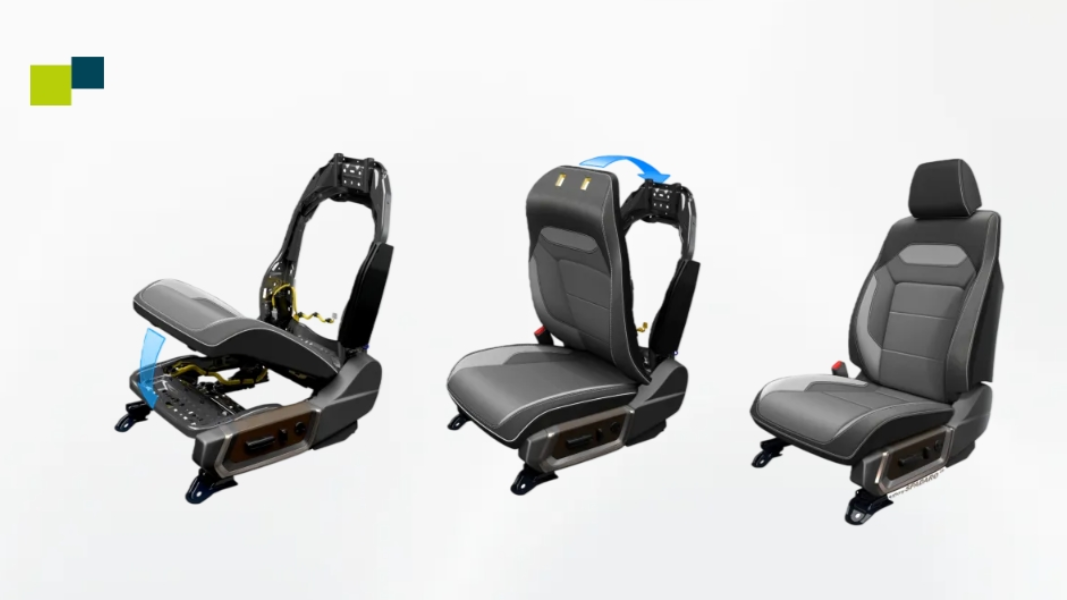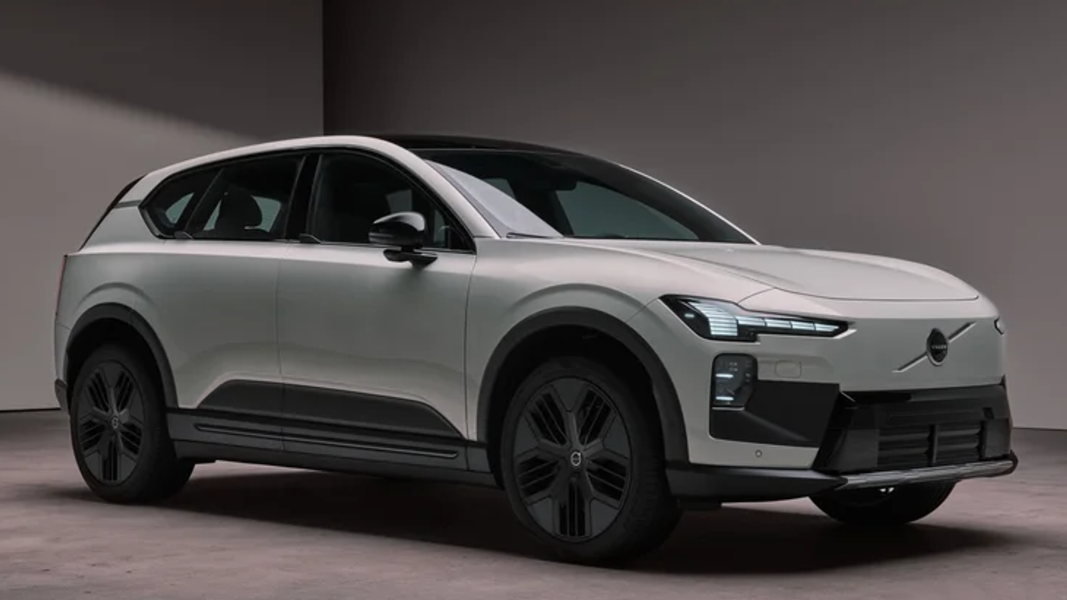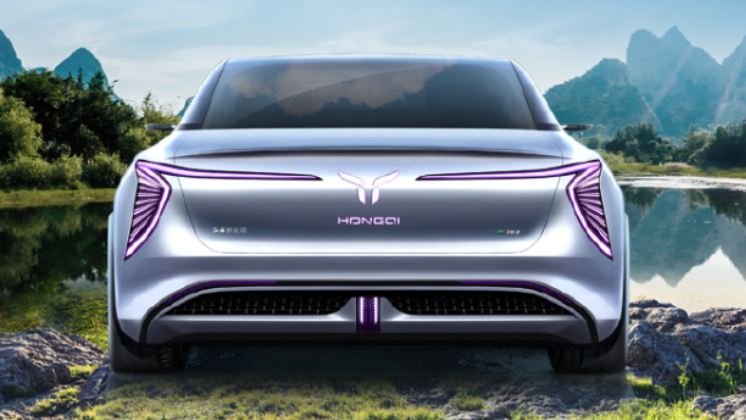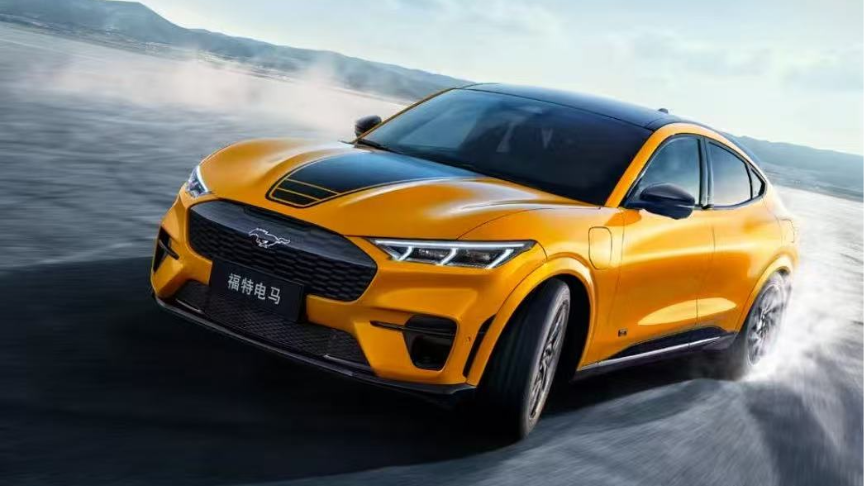Shanghai (Gasgoo)- China's Ministry of Finance and State Taxation Administration jointly issued a new notice on July 17, announcing a significant adjustment to the consumption tax policy for ultra-luxury cars. Approved by the State Council, the new policy will take effect on July 20, marking a new chapter in the country's tax regulation of high-end auto consumption.
The most notable change is the substantial lowering of the tax threshold. The retail price benchmark for levying consumption tax on ultra-luxury vehicles has been reduced from 1.3 million yuan to 900,000 yuan (excluding VAT). This expansion in tax coverage means that a broader range of high-end vehicles, particularly those priced between 900,000 yuan and 1.3 million yuan, will now fall under the scope of taxation—likely affecting the core offerings of many luxury car brands.
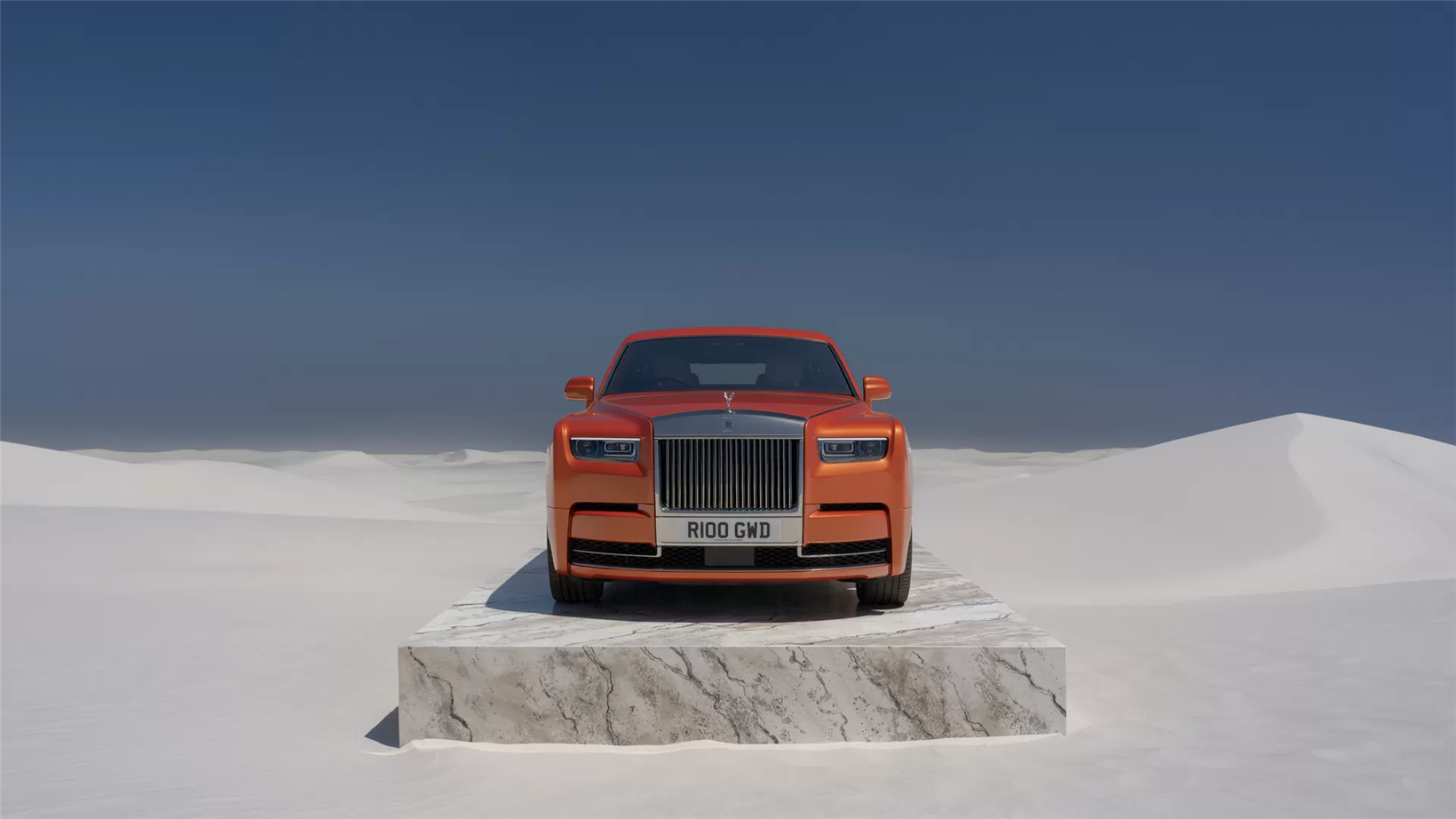
Rolls-Royce Phantom; photo credit: Rolls-Royce Motor Cars
The policy also, for the first time, clearly outlines the tax rules for various powertrain types. It brings battery electric vehicles (BEVs), fuel cell vehicles (FCVs), and other new energy-powered passenger cars and light-duty commercial vehicles into the tax net, filling a regulatory gap. However, it differentiates treatment by powertrain. For ultra-luxury BEVs and FCEVs—which lack engine displacement—the consumption tax will only apply at the retail stage. In contrast, traditional internal combustion engine vehicles will be taxed both at production (or import) and retail stages. This approach reflects both tax equity and continued policy support for the development of the new energy vehicle (NEV) sector.
The second-hand luxury car market will also be benefitted under the new policy. The announcement makes clear that consumption tax will no longer be levied on used ultra-luxury vehicles—regardless of their original sale price or first registration date. The definition of a used car is clarified as one that has completed registration and is traded before reaching mandatory scrappage age. This move is expected to reduce transaction costs and stimulate activity in the pre-owned high-end car segment.
The policy also tightens rules on the retail tax base. The consumption tax will be calculated based on the full transaction price, including any off-invoice fees charged to buyers—such as those for optional features, vehicle customization, or after-sales services. These must be included in the taxable amount to ensure a complete and enforceable tax base and prevent underreporting.
To maintain policy consistency, the same 900,000-yuan threshold will apply to imported vehicles. The authorities stress that imported and domestically produced vehicles will be taxed under identical standards.
This sweeping policy adjustment signals China's intent to steer high-end auto consumption in a more rational and sustainable direction through tax levers. While the lowered threshold broadens the tax base and reinforces the regulatory grip on luxury consumption, the inclusion of NEVs—coupled with production-stage exemptions—underscores the government's alignment with technological advancement and its ongoing support for green mobility. The removal of tax from used car sales further promotes resource circulation and secondary market activity.
As the new rule comes into force on July 20, its impact is expected to ripple across the luxury car market—from pricing strategies and sales structures to consumer purchase decisions. High-end models, particularly those priced between 900,000 yuan and 1.3 million yuan and premium NEVs, are poised to face the most direct effects. Both the industry and consumers will need to adapt swiftly to the evolving tax landscape.






